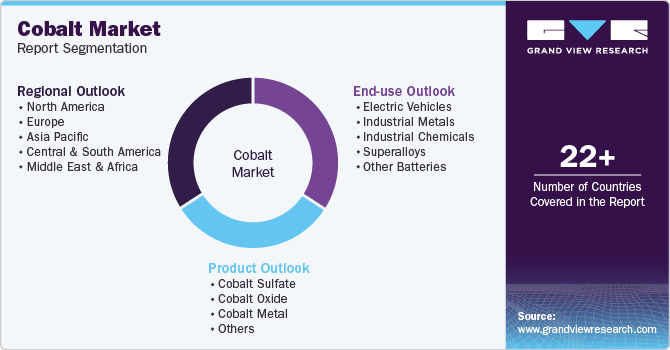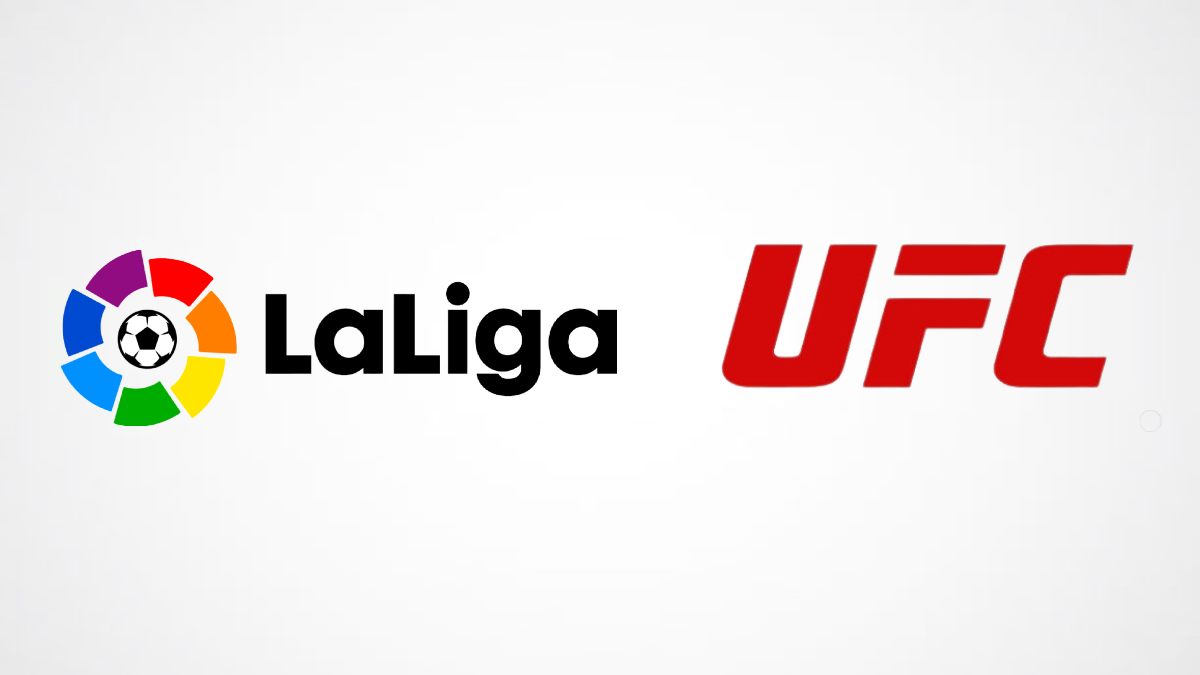Cobalt Market Volatility: Analyzing Congo's Export Ban And Future Quota System

Table of Contents
Congo's Export Ban: Immediate Impact and Market Reactions
The DRC's cobalt export ban, implemented [insert date if applicable], sent shockwaves through the global market. While the stated reasons varied – encompassing environmental concerns, internal political pressures, and a desire to control pricing – the immediate impact was undeniable. The ban aimed to regulate the chaotic and often exploitative artisanal mining sector, but its consequences extended far beyond the DRC's borders.
The immediate consequences included dramatic price spikes. The sudden reduction in supply created a scramble for alternative sources, disrupting global supply chains and impacting numerous stakeholders. Battery manufacturers faced production delays, causing ripple effects throughout the EV industry. Electric vehicle producers, already grappling with supply chain bottlenecks, experienced further setbacks. Investors witnessed significant stock market fluctuations in cobalt-related companies, reflecting the market's uncertainty.
- Price spikes observed post-ban announcement: Prices soared by [insert percentage or specific data if available], highlighting the market's dependence on Congolese cobalt.
- Disruptions in EV production schedules: Major automakers reported delays in EV production due to cobalt shortages.
- Increased demand for cobalt from alternative sources: This led to exploration and development in other cobalt-producing countries.
- Stock market fluctuations in cobalt-related companies: Share prices experienced significant volatility, reflecting investor anxieties.
The Proposed Quota System: A Long-Term Solution or Further Volatility?
In response to the challenges posed by the export ban, the DRC proposed a quota system for cobalt exports. This system aims to allocate export permits to various stakeholders, potentially stabilizing prices and promoting more sustainable mining practices. However, the effectiveness and fairness of such a system remain uncertain.
The potential benefits of a well-implemented quota system are significant. It could, theoretically, lead to reduced Cobalt Market Volatility by regulating supply and fostering price stability. It could also incentivize responsible mining practices by prioritizing companies adhering to environmental and social standards.
However, the road to effective implementation is fraught with challenges. The allocation process must be transparent and fair to avoid accusations of favoritism or corruption. Smaller miners and artisanal producers, who often lack the resources to navigate complex regulatory frameworks, could be disproportionately affected. International monitoring and robust enforcement mechanisms will be critical to prevent the quota system from becoming another source of instability.
- Potential for reduced market volatility compared to the export ban: A well-managed quota system could lessen price fluctuations.
- Concerns about quota allocation process and fairness: Transparency and equitable distribution are crucial for success.
- Impact on smaller miners and artisanal cobalt production: Protecting the livelihoods of these communities is paramount.
- Need for international monitoring and enforcement mechanisms: External oversight can prevent abuse and promote accountability.
Diversification of Cobalt Sources and Supply Chain Resilience
The DRC's actions have underscored the critical need for diversification in cobalt sourcing. Companies are actively seeking alternative sources in countries like Australia, Canada, and others, though none currently possess the scale of Congolese production. This diversification, while challenging, is crucial for reducing dependence on a single source and mitigating future instances of Cobalt Market Volatility.
Diversification strategies also include technological advancements. Research and development efforts are focusing on reducing cobalt dependence in EV batteries through alternative battery chemistries. Furthermore, investing in responsible sourcing initiatives, securing long-term contracts with miners committed to ethical practices, and supporting investments in battery recycling and cobalt recovery are essential for building resilient supply chains.
- Growth of cobalt production in Australia, Canada, and other countries: These nations are investing in their cobalt sectors to meet global demand.
- Technological advancements to reduce cobalt dependence in batteries: Innovation is crucial for mitigating supply chain risks.
- Importance of ethical and sustainable cobalt mining practices: Environmental and social responsibility must guide industry actions.
- Investments in battery recycling and cobalt recovery: Recycling offers a pathway to a more sustainable cobalt supply.
Geopolitical Implications and International Collaboration
The DRC's policies have significant geopolitical implications, influencing global trade relations and international power dynamics. China, a major player in the cobalt supply chain, is closely watching developments, as are other nations seeking to secure access to this vital resource.
International organizations like the OECD and the EU are playing a crucial role in promoting responsible cobalt mining and market stability. Collaboration between governments, industry players, and civil society organizations is vital for fostering transparent and accountable governance within the cobalt sector. This includes promoting international standards and certifications, supporting local communities in cobalt-producing regions, and working towards ethical and sustainable practices.
- Influence of China on cobalt supply chains: China's role necessitates international cooperation to ensure fair market practices.
- The role of international standards and certifications: These help to ensure responsible mining and supply chain transparency.
- Need for transparent and accountable governance in cobalt mining: Good governance is vital for sustainable market development.
- Importance of supporting local communities in cobalt-producing regions: Community development is vital for long-term sustainability.
Conclusion: Navigating Cobalt Market Volatility
The DRC's export ban and the proposed quota system have significantly contributed to Cobalt Market Volatility, highlighting the fragility of the global cobalt supply chain. While the quota system offers the potential for greater stability, its success hinges on transparency, fairness, and effective international cooperation. Diversification of cobalt sources, coupled with responsible sourcing initiatives and technological advancements to reduce cobalt dependence, are crucial for mitigating future risks and building a more resilient and sustainable cobalt market. Stay informed about future developments in the Cobalt Market Volatility and contribute to a more responsible and stable industry by supporting sustainable and ethical cobalt mining practices.

Featured Posts
-
 I Dont Hear A Heartbeat Disturbing Video Precedes Ohio Mans Death In Custody
May 15, 2025
I Dont Hear A Heartbeat Disturbing Video Precedes Ohio Mans Death In Custody
May 15, 2025 -
 Fan Code Secures Multi Year Deal With La Liga For Exclusive Content
May 15, 2025
Fan Code Secures Multi Year Deal With La Liga For Exclusive Content
May 15, 2025 -
 Leeflang Aangelegenheid Bruins En Npo Toezichthouder Moeten Overleggen
May 15, 2025
Leeflang Aangelegenheid Bruins En Npo Toezichthouder Moeten Overleggen
May 15, 2025 -
 T Mobile Data Breaches Result In 16 Million Fine Over Three Year Period
May 15, 2025
T Mobile Data Breaches Result In 16 Million Fine Over Three Year Period
May 15, 2025 -
 Analyzing Jimmy Butlers Playoff Performance Did The Miami Heat Lack Support
May 15, 2025
Analyzing Jimmy Butlers Playoff Performance Did The Miami Heat Lack Support
May 15, 2025
